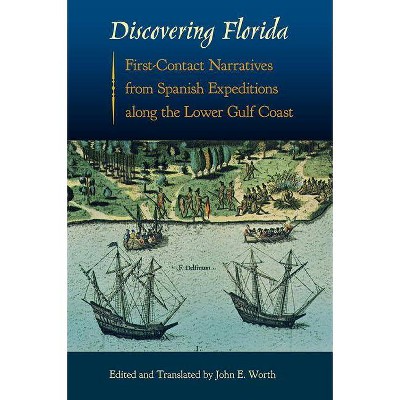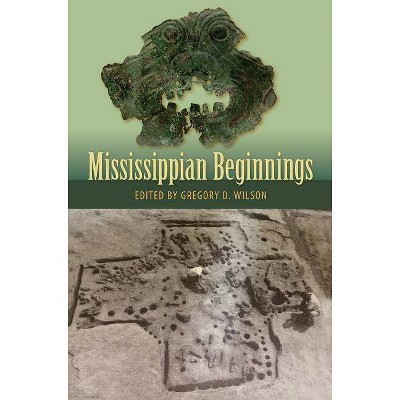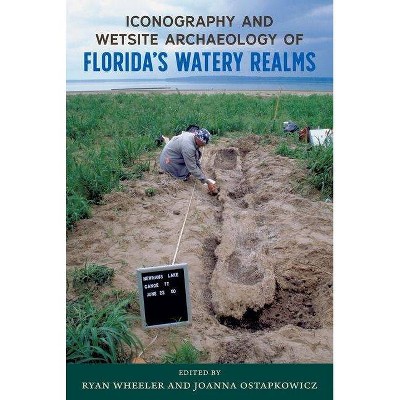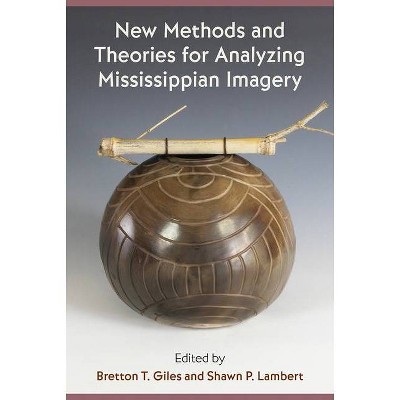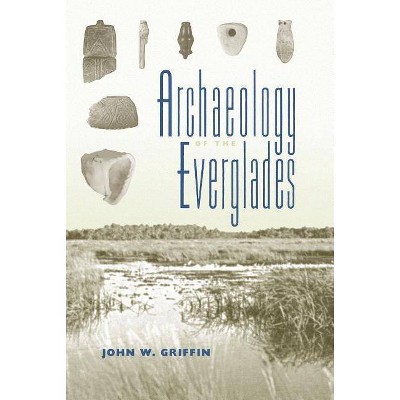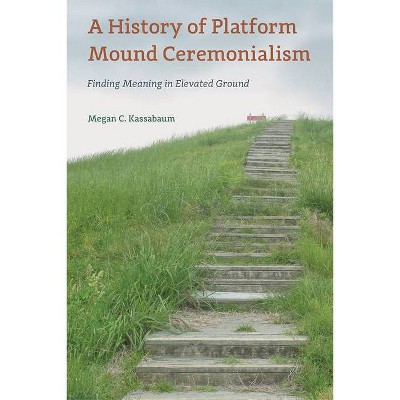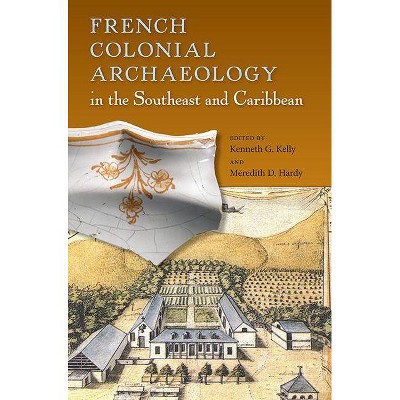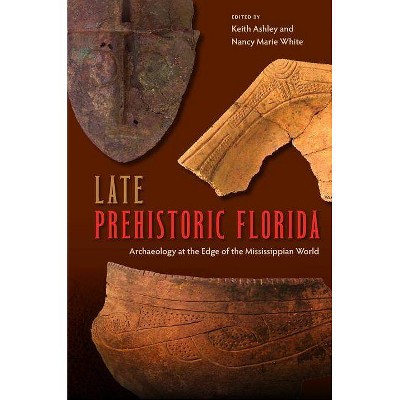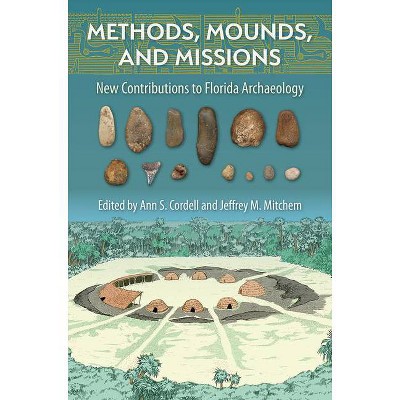Simplicity, Equality, and Slavery - (Florida Museum of Natural History: Ripley P. Bullen) by John M Chenoweth (Hardcover)

Similar Products
Products of same category from the store
AllProduct info
<p/><br></br><p><b> About the Book </b></p></br></br>The author uses archaeological and archival information to reveal the everyday life of this group of Quakers residing in the British Virgin Islands between 1741 and 1763. He traces this discreet group of mostly poor, white planters settled on Tortola in the community of Little Jost van Dyke from the earliest documented appearance in the 1740 records, through the final census--which showed only five enslaved inhabitants remaining in the community.<p/><br></br><p><b> Book Synopsis </b></p></br></br>"A significant empirical contribution to the transdisciplinary study of eighteenthcentury Atlantic history and the colonial history of the Christian Church."--Dan Hicks, author of <i>The Garden of the World: An Historical Archaeology of Sugar Landscapes in the Eastern Caribbean</i> "Thoughtfully applies practice theory to the concept of Quakerism as a religion, while simultaneously examining how Quaker practices shaped the lives not only of practitioners but those they enslaved."--James A. Delle, author of <i>The Colonial Caribbean: Landscapes of Power in the Plantation System</i> "A nuanced look at Quakerism and its relationship with slavery."--Patricia M. Samford, author of <i>Subfloor Pits and the Archaeology of Slavery in Colonial Virginia</i> <p>Inspired by the Quaker ideals of simplicity, equality, and peace, a group of white planters formed a community in the British Virgin Islands during the eighteenth century. Yet they lived in a slave society, and nearly all their members held enslaved people. In this book, John Chenoweth examines how the community navigated the contradictions of Quakerism and plantation ownership.</p> <p>Using archaeological and archival information, Chenoweth reveals how a web of connections led to the community's establishment, how Quaker religious practices intersected with other aspects of daily life in the Caribbean, and how these practices were altered to fit a slavery-based economy and society. He also examines how dissent and schism eventually brought about the end of the community after just one generation. This is a fascinating study of the ways religious ideals can be interpreted in everyday practice to adapt to different local contexts.</p> A volume in the Florida Museum of Natural History: Ripley P. Bullen Series<p/><br></br><p><b> Review Quotes </b></p></br></br><br>"Well illustrated with an array of useful maps, site images and historical sketches. . . . A fascinating study that augments the complex narrative of Quakerism in the Caribbean."--<i><b>Quaker Studies</i></b><br><p/><br></br><p><b> About the Author </b></p></br></br><b>John M. Chenoweth</b> is assistant professor of anthropology at the University of Michigan-Dearborn. He is the winner of the 2019 Society for Historical Archaeology John L. Cotter Award.
Price History
Price Archive shows prices from various stores, lets you see history and find the cheapest. There is no actual sale on the website. For all support, inquiry and suggestion messages communication@pricearchive.us
